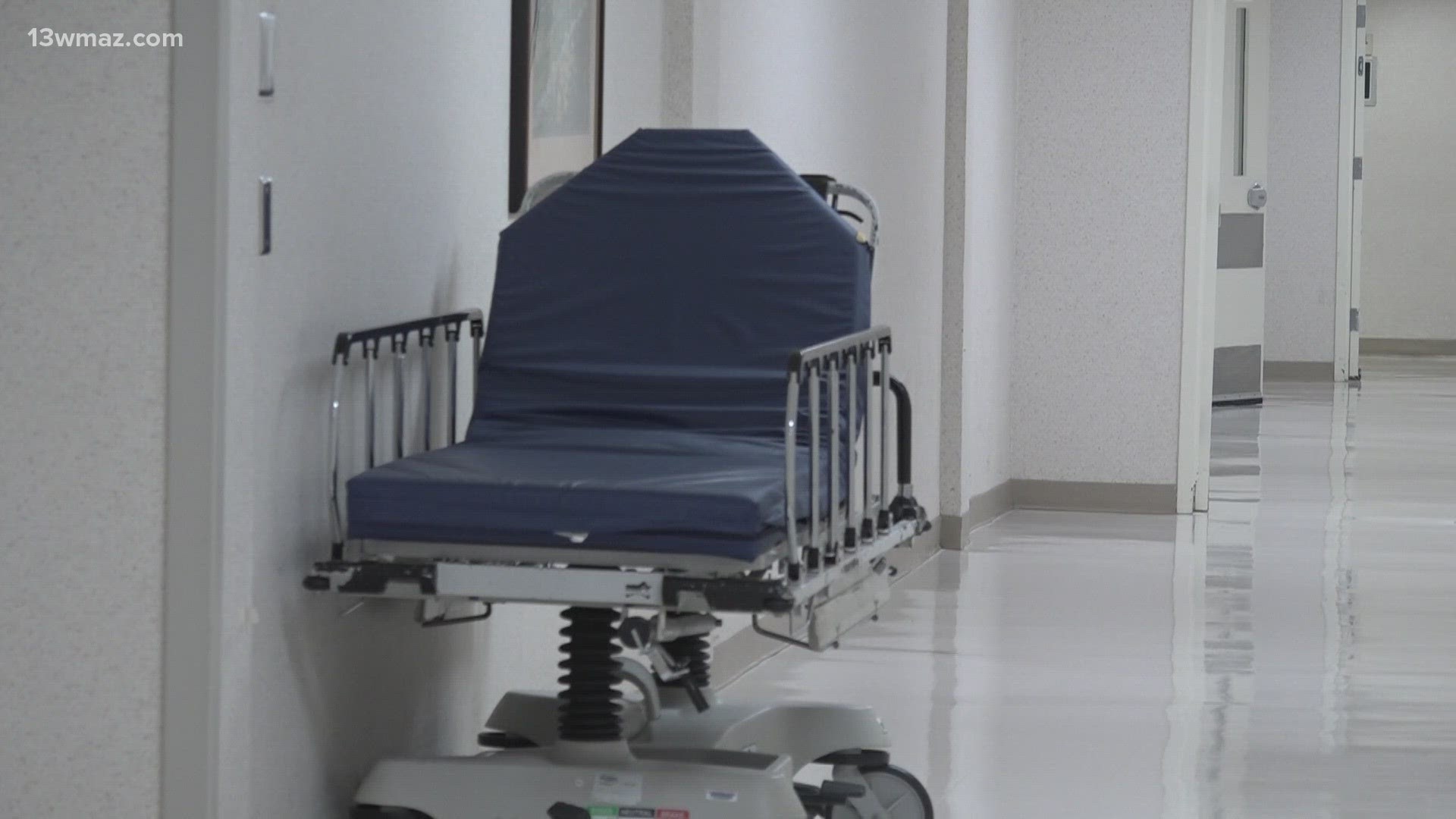The impact was tough for teachers who craved human interaction after classes moved online. That's what happened to now-retired Bibb County teacher, Joe Finkelstein.
"A lot of anxiety and depression," Finkelstein said.
Finkelstein taught audio, video, and film at Hutchings College and Career Academy, and VIP Academy. When COVID-19 turned classes to online learning, Finkelstein became overwhelmed and anxious.
He lost his drive to live.
"I never really had a plan to kill myself but I'd pray to God all the time that I wouldn't wake up the next day," he said.
Finkelstein went to therapy and took prescribed medication, but it wasn't enough. He stopped eating meat, rarely got out of bed, and didn't hang out with friends or family.
His wife, Ellen, saw his drive to live life was low.
"I couldn't trust him to be by himself," Ellen Finkelstein said.
That's when she heard a family friend talk about electro-convulsive therapy (ECT). She did the research and asked her psychiatrist why it was never suggested before.
"He pretty much was saying that people don't want to entertain it because it has such a bad reputation because of Hollywood and books and shock therapy," she said.
According to medical sites, electro-convulsive therapy is different from old-fashioned electric shock therapy you may see in movies or TV. For one thing, the procedure does not involve high-frequency electric pulses and it is considered a safe and low-risk procedure.
The American Psychiatrist Association says "a medical treatment most commonly used in patients with severe major depression or bipolar disorder that has not responded to other treatments."
Dr. Leslie Tomek, a psychiatrist at Piedmont Macon, says ECT is a seizure therapy.
"What we do is we give a patient a small dose of electricity. And that electricity causes them to have a seizure. And the seizure makes them better," Tomek said.
According to John Hopkins Medicine, ECT improves depression in 70 to 90% of patients. Tomek says ETC is used in a series of sessions.
"One treatment is not enough to get people better. They usually have to do about eight to 12," Tomek said.
Finkelstein did more than 10 sessions when he noticed a difference.
"One day it's like a giant shade just opened up and it was like 'Oh my God I'm alive,'" Finkelstein said.
After Dr.Tomek gave him the clear that he no longer needed ECT treatments, he started volunteering at Daybreak and working at Layers, a bakery on Vineville Avenue.
"Now that I'm back, as Ellen says back in town, you know, it's just great to see all these people. I love working here," he said.
Finkelstein says he's looking forward to life and loving life again.
To learn more about ECT at Piedmont Macon, you can check out their website.

